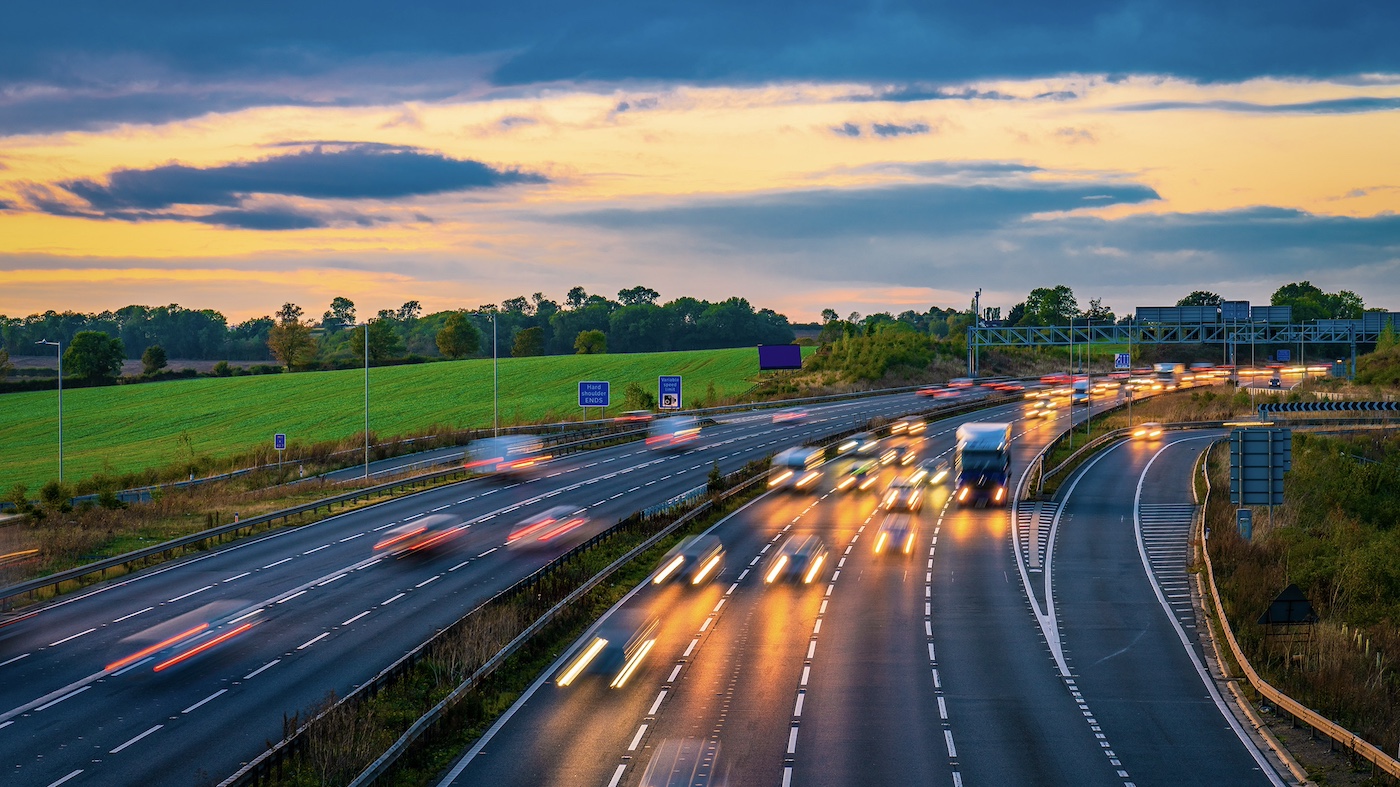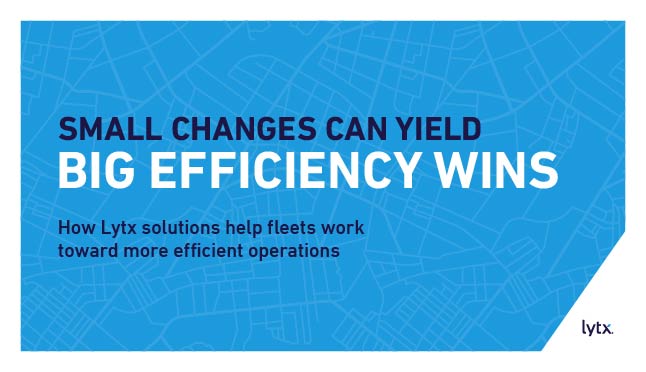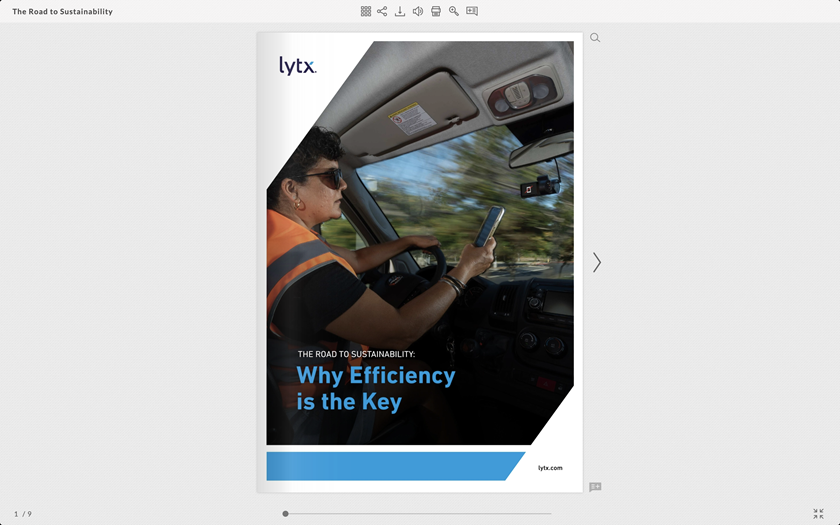solutions
Fleet Sustainability
Reducing carbon emissions for commercial vehicles.
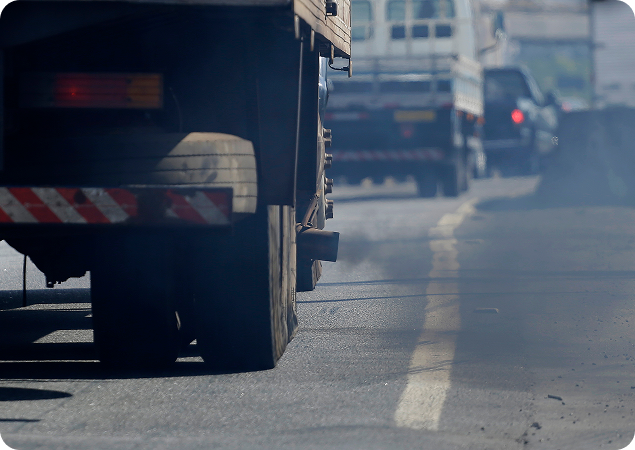
The Necessity of Decarbonization
Given some of the environmental concerns facing our planet today, sustainability has never been more important. Even more, people often now expect businesses of all types to engage in sustainable business practices, with potential commercial implications for those that fail to prioritize the issue.
This is especially relevant to the transportation sector as one of the largest contributors of greenhouse gas emissions worldwide. Commercial fleets must take action to address this but still face many challenges and uncertainties as to the best path forward.
Sustainability Challenges Facing Modern Fleets
Regulatory Compliance
Fleets must comply with increasingly stringent environmental regulations, which may require them to invest in new technologies, adopt alternative fuels, or reduce their emissions through other means.
Charging Infrastructure
The lack of charging infrastructure, particularly for heavy-duty vehicles and in rural areas, makes it difficult for fleets to adopt electric vehicles on a large scale.
Vehicle Lifecycle Management
Managing the entire lifecycle of vehicles is crucial for reducing the environmental impact of fleets. This includes reducing waste, recycling materials, and properly disposing of vehicles at the end of their life.
Reducing Emissions
The transportation sector is a significant contributor to greenhouse gas emissions. Fleets need to find ways to reduce emissions to meet environmental regulations and minimize their carbon footprint.
Alternative Fuels
Other alternative fuels, such as hydrogen and biofuels, also offer potential solutions for reducing emissions. However, challenges such as infrastructure development, cost, and availability hinder their widespread adoption.
Electric Vehicles
While electric vehicles (EVs) offer a solution to reducing emissions, the high initial cost of purchasing EVs, limited charging infrastructure, and range anxiety are significant challenges for fleets looking to make the transition.

How to Address Current Challenges
Addressing sustainability challenges requires a combination of technology innovation, infrastructure development, regulatory support, and changes in business practices. There is no quick fix, but small changes can yield big efficiency wins.
We believe incremental efficiencies are the fastest, least disruptive, and most cost-effective way to decarbonize fleets over the next decade. By leveraging video and telematics connectivity, and video technology, fleets can begin to achieve measurable efficiency gains and begin down the road to sustainability.
How Lytx Can Help You Tackle Decarbonization
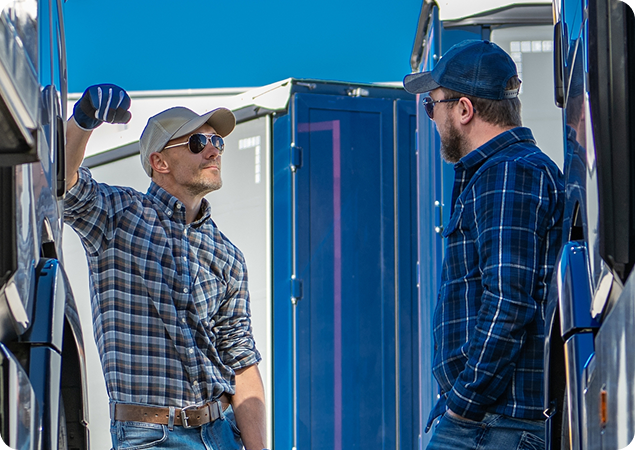
Sustainability Through Strategic Partnerships
Energy Saving Technology
In 2023, Lytx solutions helped clients reduce energy use in several ways.
Saved on claims in 2024+
Browse Our Resources
Industry insights, assessments, and guides to help you reduce your carbon footprint.


